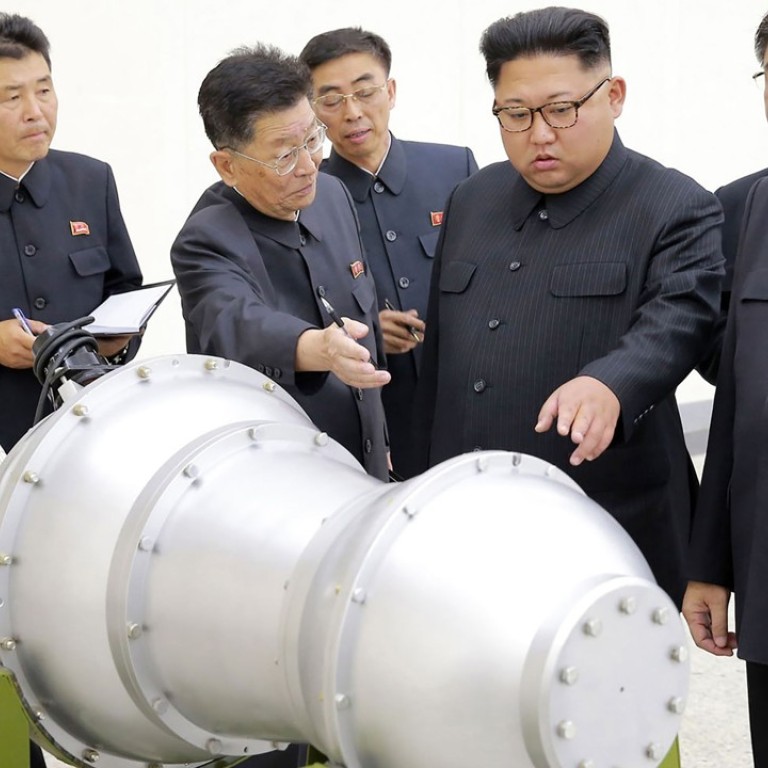
North Korea nuclear crisis: time to panic yet?
With the United States, China and Russia all at odds, Pyongyang knows the time is ripe to refine its nuclear capabilities
Pyongyang’s bomb is based on the same technology used in that 1952 test. Indeed, all subsequent tests by the Soviet Union, China, Britain, France, India and Pakistan have used the same triggering principles developed by Edward Teller, the Hungarian-American theoretical physicist known as the “father of the hydrogen bomb”.
Why the North Korea nuclear crisis will return with a vengeance
It is interesting to note that the North Korea Central News Agency claimed that its “perfect hydrogen bomb test” was “domestically sourced”.
Yet, the fact is that North Korea has merely mimicked the technology developed by other great powers – it may have harnessed the nuclear genie, as it were, but it was not the one that let it out of the bottle.
Pyongyang’s actions come with a twist. Previously, countries who have built nuclear stockpiles have tended to ease off the rhetoric after demonstrating their abilities. But with each test, North Korea ratchets its own aggressive rhetoric up ever higher.
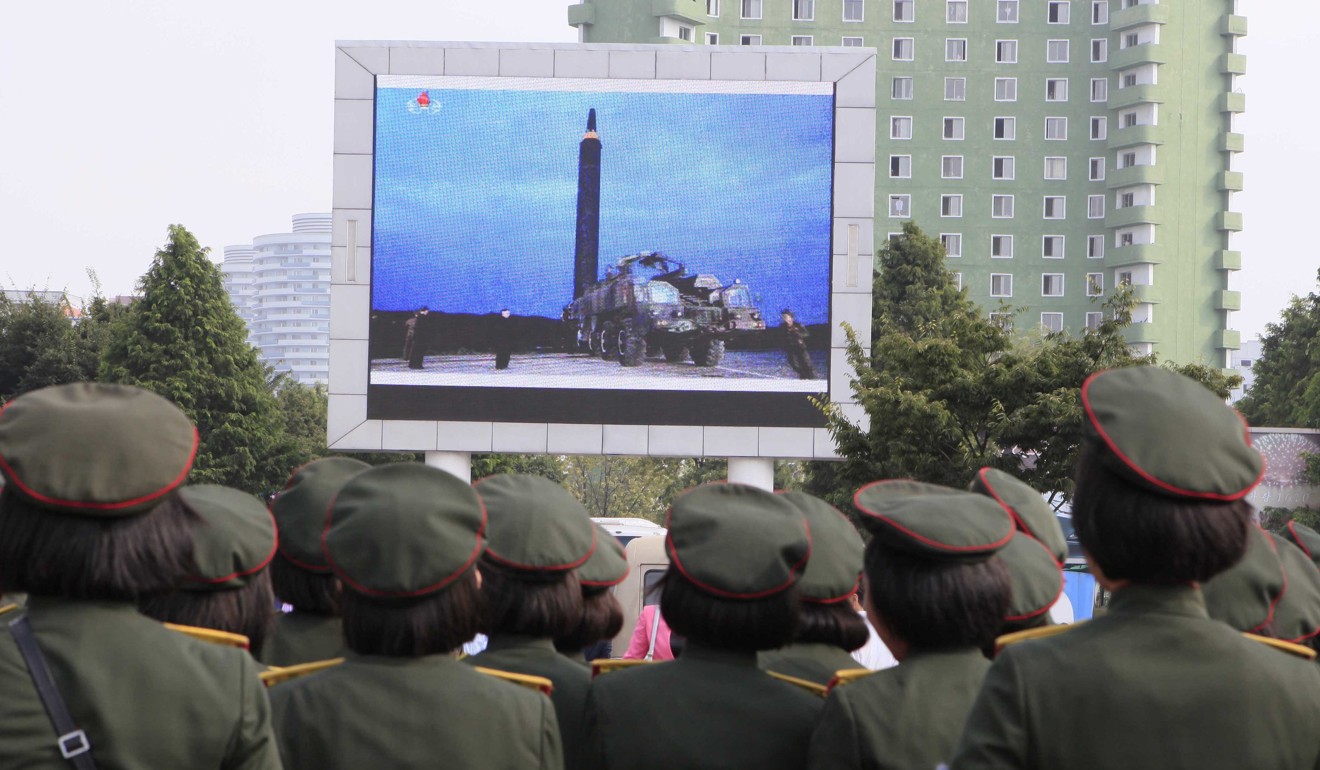
The US and Russia, even China, have stopped using nuclear tests to showcase their capabilities. All three countries can rely on computer simulations to refine their nuclear prowess.
North Korea appears determined to forego this option. It prefers to announce its own tests, time and again, boasting about an ability to develop a miniaturised nuclear bomb.
Thus, North Korea is completely different from other nuclear powers, even though it is relying on the same old technology.
Why sanctions will only fuel North Korea’s missile tests
To be sure, this is precisely what he wants – to enhance the deterrence value of his nuclear arsenal.
In fact, too few people appreciate that the bellicose rhetoric of North Korea is a necessary act. Surrounded and cornered by other great powers, it has to lean on sheer bluster to puff itself up. Thus, aggressive postures – both before and after each nuclear and missile test – must form part of the whole exercise.
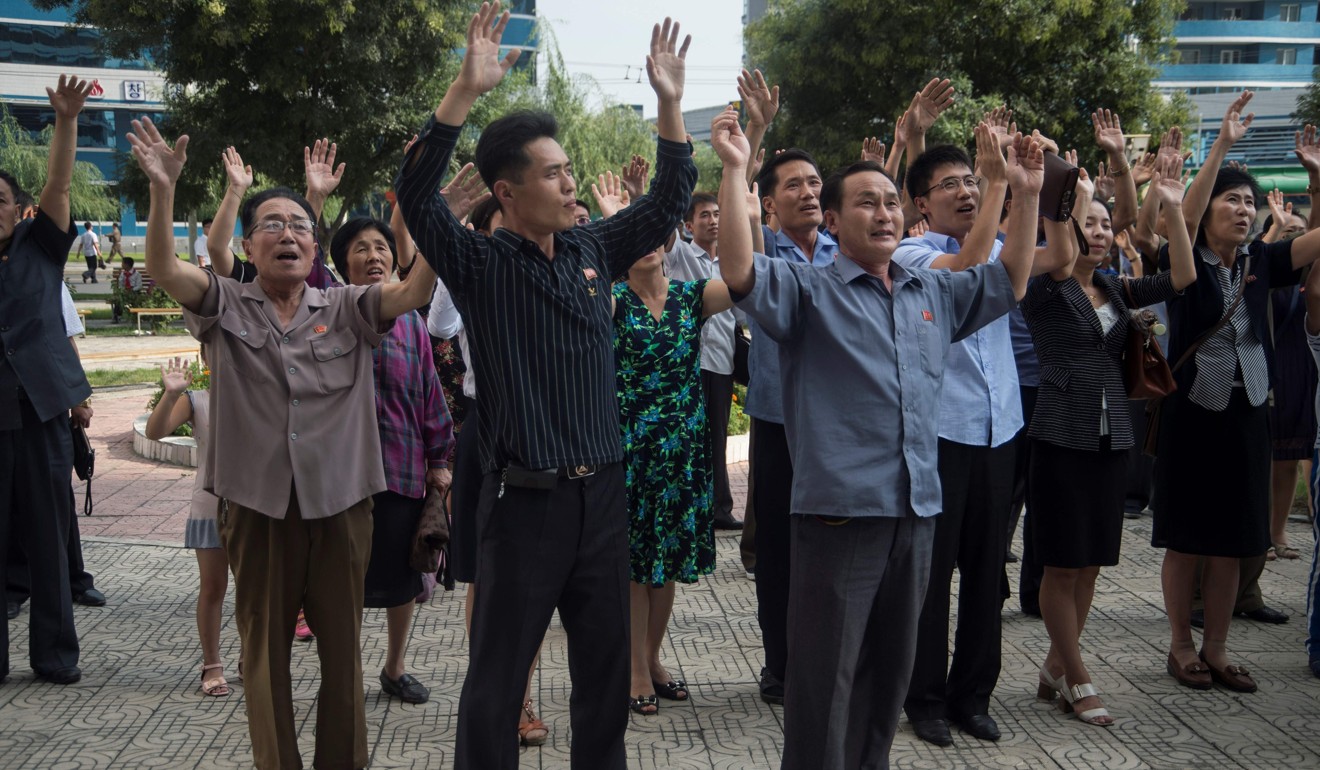
The aim is to prevent others from attempting either regime change in North Korea, or reunification of the Korean Peninsula by force.
Towards this aim, Kim must act ever tougher and larger than life. To this end, witness the 1,500 or so bomb shelters that can double as nuclear labs that are thought to be burrowed deep underground in locations across the North.
So, is this test – the sixth nuclear test by North Korea – reason for the world to panic?
The answer is: not yet.
The previous test by Pyongyang, in September 2016, caused a 5.3-magnitude earthquake. This time around, the seismic activity was 6.3-magnitude.
The sixth and latest test did not constitute a major leap forward in nuclear yield and advancement.
More worrying than either the seismic activities or scale of the blast is Pyongyang’s claim to have miniaturised its hydrogen bomb.
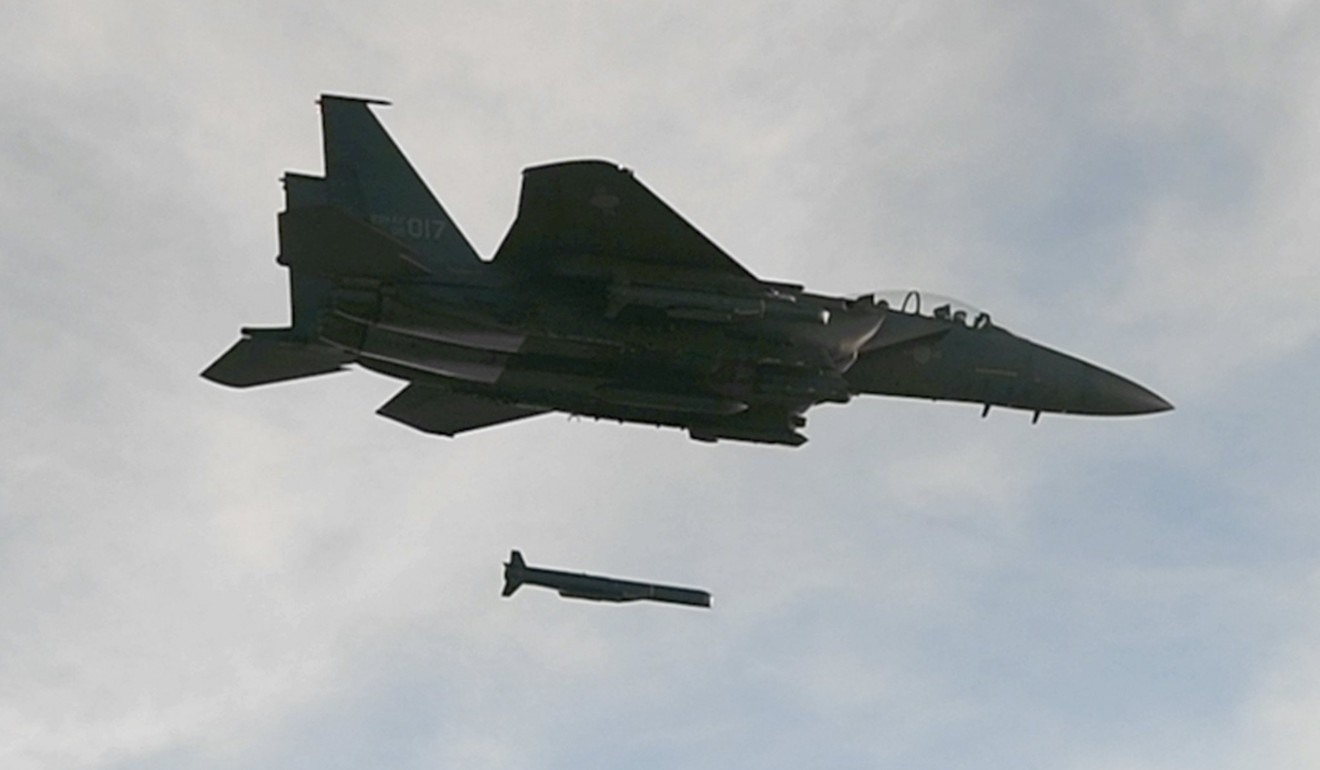
Prior to the sixth test, Pyongyang released a picture of Kim inspecting a small hydrogen bomb that appeared small enough to be fitted onto a missile.
If it has achieved such a feat, then a paradigm shift in its abilities has indeed been achieved.
But until this can be confirmed, it is too early to push that panic button.
Thus, it is still too soon to speak of attacking North Korea, whether through a conventional invasion or through aerial attack – nuclear or otherwise, as the fatalities on South Korea and Japan would be far too high.
Nor can one speak of decapitating its leadership yet, as this would risk its total collapse – something that would make the Syrian humanitarian tragedy appear like child’s play in contrast.
If anything can be done at all, an oil embargo has potential. But even this option requires the full cooperation of China, without which it cannot work.
An oil embargo, however, risks escalating the tensions further.
Why now’s not the time for an oil embargo on North Korea
Thus, the pressures must be absorbed by all the great powers in the UN Security Council. The US cannot insist on an oil embargo by threatening to cut off its trade relationship with China, as the global economic repercussions would be too great.
Indeed, the sixth test shows the tenacity of North Korea in defying the will of the US, Japan, Russia, and China.
All of them must intensify their diplomacy. Yet with the US and Russia expelling each other’s diplomats, and the US pressuring China to act, North Korea knows the timing is perfect for more nuclear tests, as the great powers cannot work together to confront it collectively.
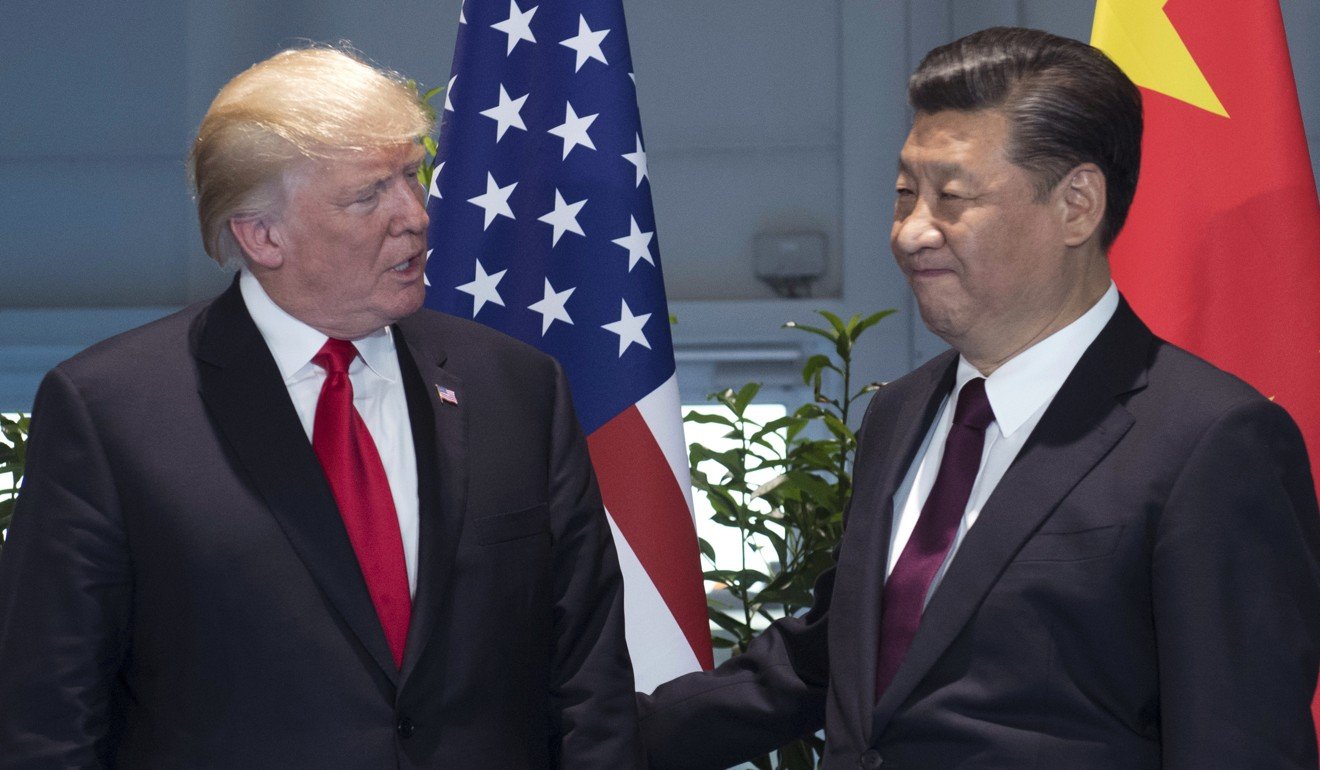
If the past is anything to go by, Kim will continue to defy the UN Security Council. Indeed, by shooting a missile over Hokkaido on July 29 he has forced the US to rethink its priorities – in the age of Trump’s campaign cry of America First, will it really be a case of North Korea First?
As things stand, the probability of North Korea dialling back its actions is low, since its missile and nuclear programmes have ostensibly reached parity – the point of maximum leverage for Pyongyang, where Kim can claim not only to have the technology for a nuclear bomb, but the means to deliver it, as well.
If anything, Kim appears more determined than ever to use these abilities to strike terror into other great powers, with the aim of getting their recognition that the Kim dynasty is here to stay.
Beyond that, Kim’s end game is to gain recognition for North Korea as a nuclear power – the same recognition given to India and Pakistan following their nuclear tests.
Despite early sanctions against India and Pakistan in 1998, the world has since come around to accepting them as nuclear powers. North Korea wants the same, nothing less.
This commentary was edited after publication for clarity

